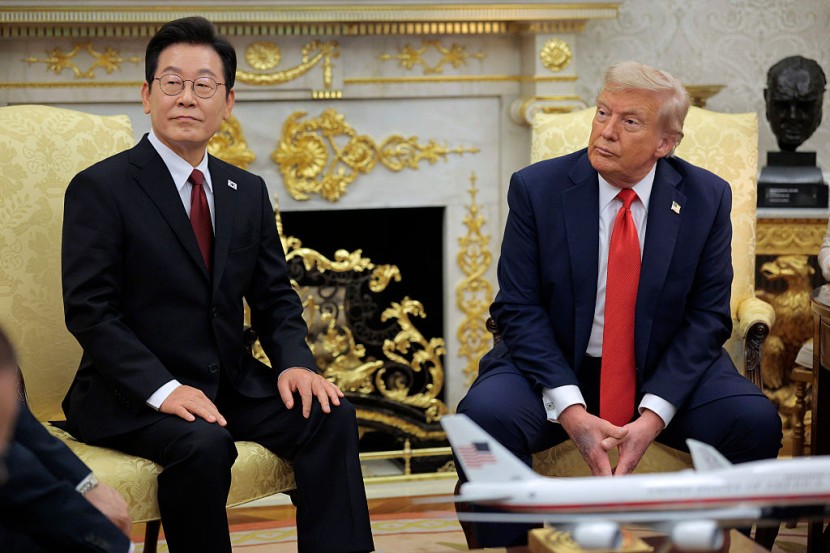
South Korean President Lee Jae Myung pledged this week to go after "far-right" critics both at home and abroad, following his recent White House summit with President Trump. The move has raised alarm among U.S. officials over potential infringement on free expression and transnational repression tactics.
Lee met with Trump on Aug. 25 at the White House to discuss trade, defense, shipbuilding and other strategic issues. But tensions were visible — Lee stayed at a hotel instead of the traditional Blair House, was greeted by lower-level officials, and left without attending a formal state dinner.
Subsequently, Lee issued an arrest warrant for a pastor linked to the People Power Party, dismissed all seven four-star generals, and went on the offensive against critics, including Americans. His administration referred six U.S. nationals to prosecutors for sending rice and Bibles to North Korea in June. Their actions were described as aligning with "far-right" ideologies, although critics say these characterizations echo authoritarian sentiments not suited to a U.S. ally.
At the national security level, director Wi Sung-lac pledged to identify networks—both domestic and international—that he alleged misinformed President Trump, contributing to his comments about political "purges." Gordon Chang, a prominent China critic and American, was labeled a conspiracist. Although no formal action has yet been taken, Foreign Minister Cho Hyun agreed to explore further restrictions.
Experts warn the rhetoric echoes tactics used by authoritarian regimes seeking to suppress dissent abroad. The FBI defines such measures as transnational repression, a worrying trend for democracies.
U.S. officials have expressed growing concern. Senator Marco Rubio canceled his July meeting with Wi following a provacative raid on Osan Air Base. Many American executives and lawmakers believe targeting critics overseas could jeopardize U.S.–ROK relations.
© 2026 HNGN, All rights reserved. Do not reproduce without permission.








